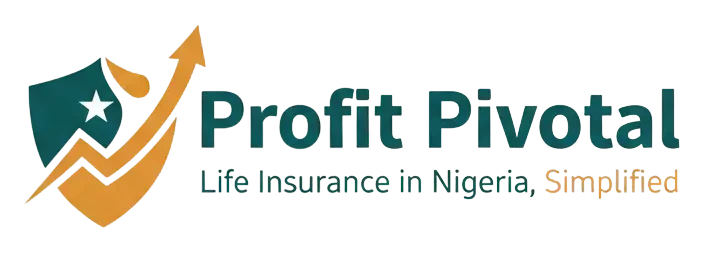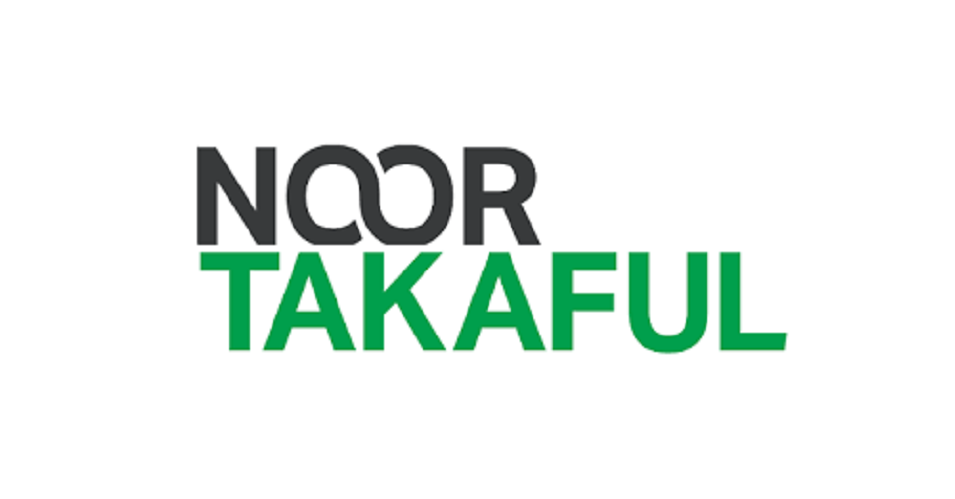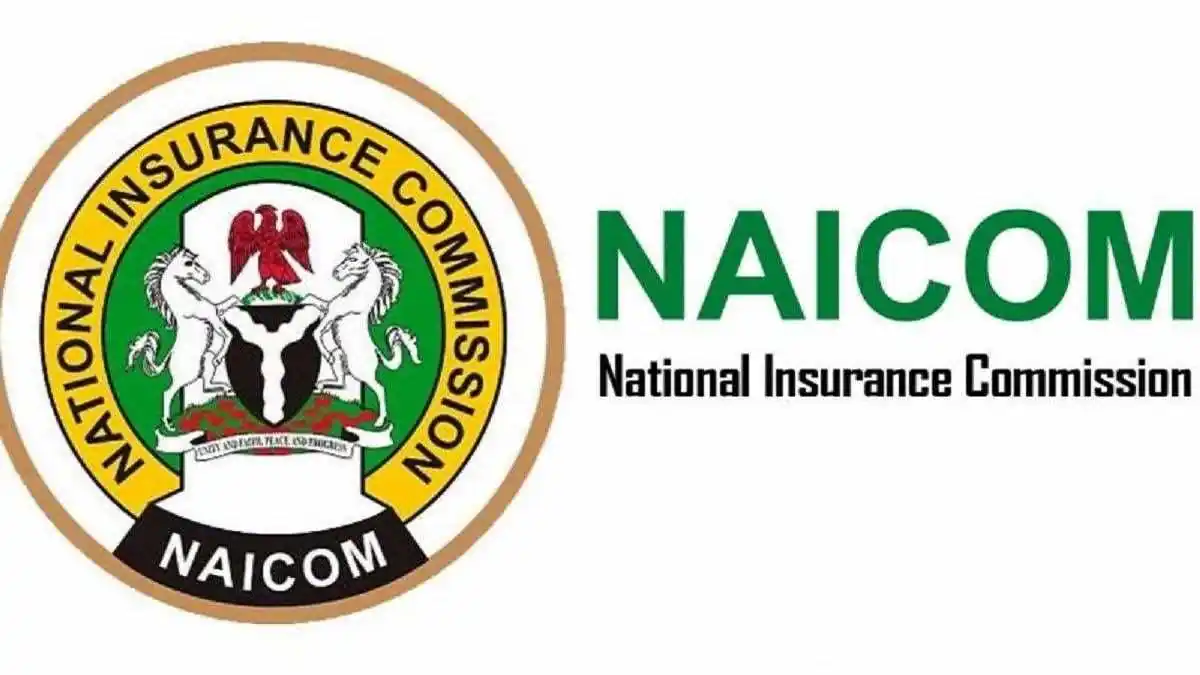Overfunded life insurance is a powerful but often misunderstood financial strategy that allows you to use a permanent life insurance policy as a tax-advantaged investment vehicle. For many feeling the pressure of inflation and seeking smarter ways to grow their wealth, this strategy offers a unique combination of protection and growth. It’s about paying more than the required premium to rapidly build your policy’s cash value, creating a personal pool of capital you can access tax-free.
This article will break down exactly how overfunded life insurance works. We will explore its significant benefits, potential drawbacks, and how it compares to other traditional savings methods, so you can decide if it’s the right move for your financial future.
What is Overfunded Life Insurance?
Overfunded life insurance simply means paying more premium into your permanent life insurance policy than what is required to keep the death benefit active.
This excess payment goes directly into your policy’s “cash value” component, which then grows on a tax-deferred basis. Think of it as a savings account piggybacking on your insurance policy, but with much better tax treatment.
The main goal is to maximize the cash value and minimize the actual insurance cost, transforming the policy from a simple protection tool into a robust wealth-building asset.
How Does It Work in Practice?
Imagine you have a permanent life insurance policy with a required annual premium of ₦150,000. Instead of just paying that amount, you decide to pay ₦400,000 for the year.
- ₦150,000 covers the cost of your insurance (the death benefit).
- The extra ₦250,000 is deposited into your cash value account.
This ₦250,000, plus any previous cash value, starts earning interest or returns from the insurance company, growing without you having to pay taxes on the gains each year.

What Is the Main Point of Overfunding Life Insurance?
The primary point of overfunding life insurance is to leverage its unique tax advantages to build a liquid fund you can access tax-free during your lifetime.
Unlike a regular savings account, where interest is taxed, or stock market investments with capital gains tax, the growth inside your policy is sheltered. You can later borrow against this cash value or make withdrawals, often without paying any tax. This makes it a powerful tool for major life expenses like:
- Funding a child’s education.
- Making a down payment on a property.
- Supplementing your retirement income.
- Having access to an emergency fund that isn’t sitting idle.
Is It a Good Idea to Overfund a Life Insurance Policy in Nigeria?
For the right person, overfunding a life insurance policy is an excellent idea. It is most suitable for individuals who:
- Have a long-term investment horizon (10+ years).
- Are already maximizing their contributions to standard retirement accounts.
- Are in a higher income bracket and looking for tax-efficient investment strategies.
- Desire a conservative, stable vehicle for wealth accumulation.
However, it may not be the best fit if you need short-term liquidity or if you cannot comfortably afford to pay more than the base premium.
Pros and Cons of Overfunded Life Insurance
| Pros (The Advantages) | Cons (The Drawbacks) |
|---|---|
| Tax-Free Growth & Access: Your cash value grows tax-deferred, and you can access it tax-free via loans. | Slower Initial Growth: Returns in the early years can be modest due to fees and insurance costs. |
| Guaranteed Returns: Many policies offer a guaranteed minimum interest rate, providing stability. | Less Liquidity: It’s not as liquid as a bank account; accessing funds has a process. |
| Creditor Protection: In many cases, life insurance cash value is protected from creditors. | Potential for Policy Lapse: If not managed properly, withdrawals could cause the policy to lapse. |
| Self-Completing Goal: The death benefit ensures your family’s financial goal is met even if you pass away prematurely. | Surrender Charges: You may pay a penalty if you cancel the policy within the first several years. |
The “7-Pay Test” and MEC Status in Nigeria
While Nigeria’s insurance regulations, overseen by the National Insurance Commission (NAICOM), don’t use the exact “Modified Endowment Contract (MEC)” terminology like the US, the principle is the same globally. Insurance companies must ensure a policy doesn’t become a pure investment vehicle masquerading as insurance.
The “7-pay test” is a universal standard. It determines the maximum amount you can pay into a policy in its first seven years. If you exceed this limit, the policy is reclassified, and its tax benefits (like tax-free loans) are lost. Your insurance provider (e.g., AIICO, Leadway, AXA Mansard) manages this limit for you and will advise you on how much you can contribute without triggering this change.
Using Overfunded Life Insurance as an Investment
This strategy shines when viewed as a long-term, conservative investment. As financial consultant Ekerete Ola Gam-Ikon noted in a BusinessDay analysis, the right insurance products are crucial for wealth building.
“Nigerians need to see insurance as a reliable and rewarding investment platform, especially during these uncertain economic times… When you have a life insurance policy with a cash value component, you are not just buying protection but also building wealth.”
Source: BusinessDay, October 2023
This reinforces the idea that an overfunded policy is not just an expense; it’s an asset. The Nigerian insurance industry is growing, and its stability provides a solid foundation for such long-term strategies. You can find more details on market performance in reports from regulatory bodies like NAICOM.
How to Get Started
- Find a Reputable Insurer: Work with established Nigerian insurance companies known for their financial strength and customer service.
- Choose a Permanent Policy: This strategy only works with permanent life insurance policies (like Whole Life or Universal Life), not Term insurance.
- Structure for Overfunding: Clearly state that your goal is to overfund the policy for maximum cash value growth. The policy must be designed correctly from day one.
- Determine Your Contribution: Decide how much extra you can comfortably contribute beyond the base premium.
- Review Annually: Check in on your policy’s performance annually and adjust your contributions as needed.
Conclusion: A Smart Move for the Patient Investor
Overfunded life insurance isn’t a get-rich-quick scheme. It is a disciplined, long-term strategy for Nigerians who want to build a secure, tax-advantaged financial asset. By combining the safety net of a death benefit with the powerful growth engine of a tax-free cash value account, you create a versatile tool to fund your biggest life goals.
If you are looking for a stable and tax-efficient way to grow your wealth, this approach is certainly worth exploring.
Suggested Reads:
1. Capital Gains Tax in Nigeria: A Simple Guide to Your Profits (2025)
2. 5 Things Term Life Insurance Does for Nigerians That Savings Cannot
3. Discover the Secret Clause Many Nigerians Miss in Their Term Life Policies
4. Top 5 Best Life Insurance Companies in Nigeria for 2025
5. How Much Does Life Insurance Cost in Nigeria (2025)
6. Can Creditors Take Life Insurance Proceeds in Nigeria?
7. How to Withdraw Money from a Life Insurance Policy: Your A-Z Guide








